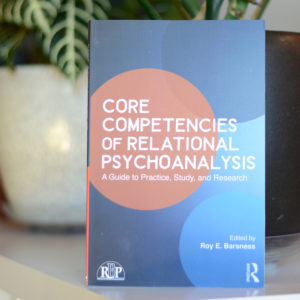CLINICAL TRAINING
Saturday Dialogues
This workshop offers participants the opportunity to deepen their understanding of relationally-oriented theory and clinical technique. This workshop does not assume any familiarity with relational psychoanalysis and is open to practitioners of all types (therapists, analysts, consultants, supervisors, masters level students) and is intended to broaden participants’ professional skills within the greater evolving challenge of becoming more fully human.

What pARTICIPANTS are saying
SEMINAR CONTENTS
Using his extensive research, years of experience as a therapist, and the experiences of those gathered, Dr. Barsness focuses the workshop on seven core competencies: therapeutic outcome; therapeutic stance; deep listening/affective attunement; relational dynamics; patterning and linking; conflict; and courageous speech/discipline spontaneity.
LEARNING OBJECTIVES
- Apply qualitative research skills within their own studies and practices that can assist in working confidently in non-behavioral existential, relational modalities.
- Identify practical and common disciplines inherent in the relationally-focused paradigms that are useful in conducting a coherent and purposeful treatment.
- Apply relationally-oriented practices with as clear a frame and purpose as evidenced-based models.
- Identify relevant ethical considerations when working within a relationally-focused model.
Contact Dr. Barsness
Phone: 206-329-3370

